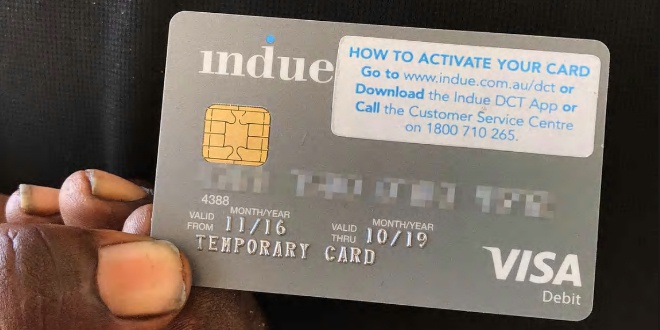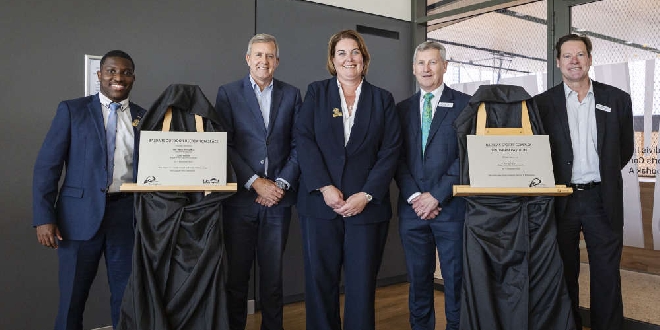
As the Turnbull Government plans to expand its cashless welfare card program crossbenchers and other industry groups are concerned about the initiative going nationwide.
The Australian Council of Social Services said it would join the Greens, Labor and Nick Xenophon Team to oppose the legalisation of allowing mandatory cashless debit cards to be extended anywhere in Australia.
The Coalition government started trials in 2016 in Western Australian town Kununurra and Ceduna in South Australia where working aged recipients of welfare had around 80 per cent of their payment reserved so they could not spend money on alcohol, drugs or gambling.
With trials scheduled for completion in June this year the government want to roll out the system nationally.
CEO of ACOSS Dr Cassandra Goldie said there was no reliable evidence that the policy worked and there was no way to tell if the trial sites experienced a change from the policy's impact because no baseline data was collected.
"While ACOSS does not support Labor and the Nick Xenophon Team's decision to allow continuation of the trials for another 12 months, the good news for people on income support is that this policy won't be extended elsewhere," she said.
“People living in Kalgoorlie and the Hinkler region – the two further proposed trial sites - can breathe a sigh of relief because their voices have been heard."
She said the message of people in test sites was clear, they wanted to be treated with dignity and respect.
“The imposition of mandatory cash management is deeply offensive to people on low incomes who are typically experts at managing on inadequate incomes because they have to be to survive," she said.
“People trying to survive on income support want jobs, not their freedoms restricted nor further stigma attached to their plight.
“As a mandatory scheme, the cashless debit card screams entrapment without sufficient reliable evidence to show the trials are meeting the desired health and social outcomes."
Nick Xenophon said he would consider supporting the national roll-out if the government could prove the scheme had a positive effect on communities.
At the moment NXT and Labor have not signed on for the deal but offered a compromise to extend existing trials for another year to see if the program does work.
Minister for Social Services Dan Tehan told ABC radio he would continue to try and gain support from crossbenchers to pass laws for cashless welfare cards.
"The discussions that I've had with the crossbenchers up to this stage have been incredibly friendly, incredibly warm and incredibly constructive," he said.
"We're going through the reports and the research and demonstrating what has been the outcomes."
In Mandurah proposed drug testing for welfare plans were postponed last year until early 2018 when there was opposition for the bill from Labor and The Greens in the Senate.
Member for Canning Andrew Hastie backed the bill and said he was committed to getting the program over the line to address drug abuse in Mandurah.
It is unclear if Mandurah will proceed with drug testing trials if the cashless welfare card is introduced to the rest of the country.



 Detectives investigate Rockingham aggravated robbery
Detectives investigate Rockingham aggravated robbery
 Bunbury businesses destroyed in suspected tobacco war firebombing
Bunbury businesses destroyed in suspected tobacco war firebombing
 Man charged after Rockingham Shopping Centre incident
Man charged after Rockingham Shopping Centre incident
 Concerns for missing West Pinjarra teen
Concerns for missing West Pinjarra teen
 Scorching Christmas temperatures for Perth, Rockingham, Mandurah
Scorching Christmas temperatures for Perth, Rockingham, Mandurah
 Teen charged over Baldivis arson attack
Teen charged over Baldivis arson attack
 Concerns for missing boy last seen in Warnbro
Concerns for missing boy last seen in Warnbro
 Baldivis Sports Complex officially complete with unveiling of final stage
Baldivis Sports Complex officially complete with unveiling of final stage
 Teen dies at Logue Brook Dam
Teen dies at Logue Brook Dam